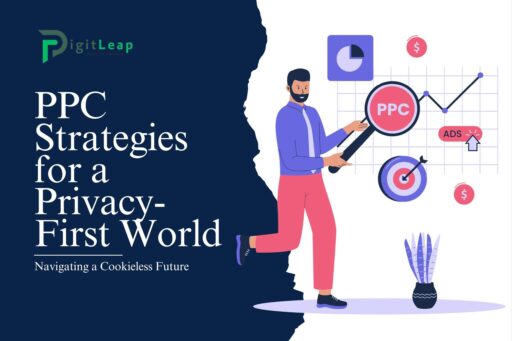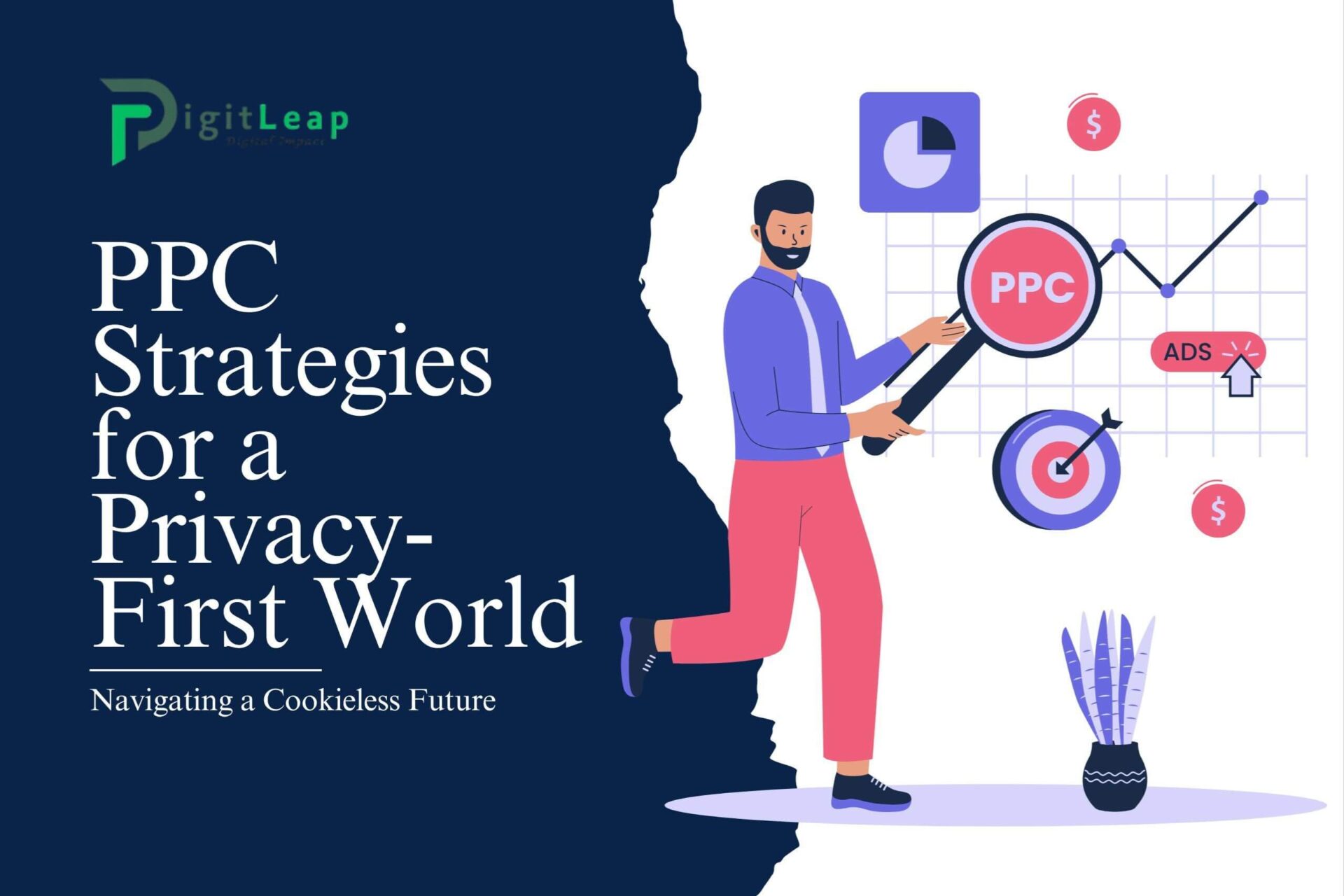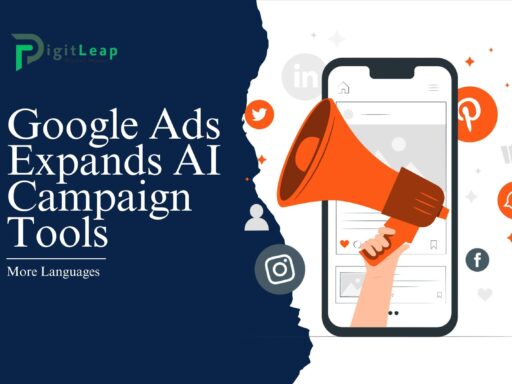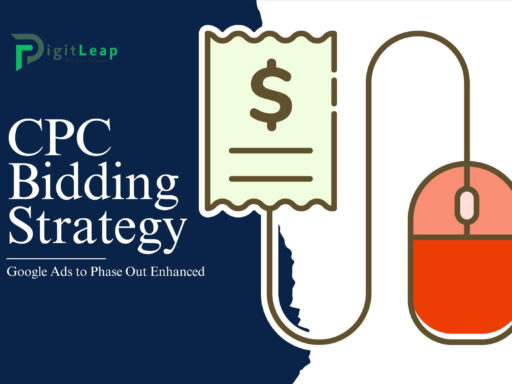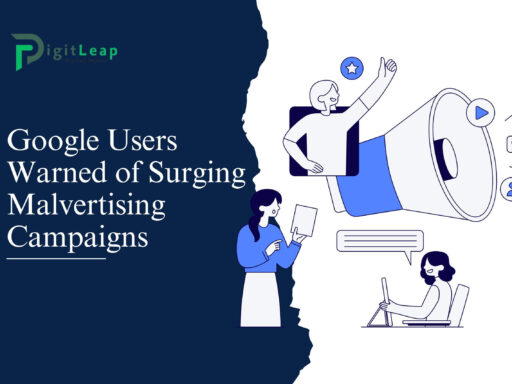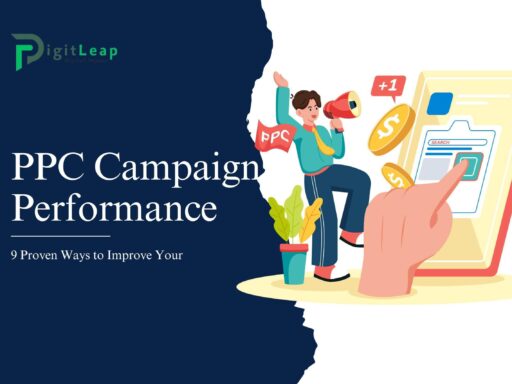Navigating a Cookieless Future: PPC Strategies for a Privacy-First World
The digital advertising landscape is going through a major shift, and it’s all about privacy. With third-party cookies on the verge of extinction, marketers are scrambling to adapt their strategies in a world where user privacy comes first. For years, cookies have been essential to tracking user behavior, optimizing ad campaigns, and delivering personalized experiences. But as privacy regulations tighten and major browsers phase out third-party cookies, businesses need to rethink their PPC (Pay-Per-Click) strategies to stay effective.
So, how do we navigate this cookieless future? Let’s explore some PPC strategies that will help you thrive in a privacy-first world.
1. Embrace First-Party Data
First-party data is the new king. This is the data you collect directly from your audience—through your website, email sign-ups, social media, and customer interactions. Since first-party data is provided directly by users, it’s considered more reliable, relevant, and compliant with privacy laws.
Action Steps:
- Invest in tools that help you collect first-party data, such as CRM systems and email marketing platforms.
- Build a strategy around gaining user consent for data collection. Make it clear to your audience why their data is valuable and how it will be used to improve their experience.
- Use this data to create targeted audiences for your PPC campaigns. First-party data can help you personalize ads while respecting user privacy.
2. Leverage Contextual Targeting
In a cookieless future, contextual targeting is making a comeback. Instead of relying on user behavior tracking, contextual targeting places ads based on the content of the webpage. For example, if your ad promotes eco-friendly products, it would be placed on a webpage that talks about sustainability or green living.
Contextual targeting doesn’t rely on cookies, making it more aligned with privacy regulations, while still reaching relevant audiences.
Action Steps:
- Focus on ad placement based on the context of the site, rather than user history.
- Fine-tune your keyword strategies to ensure your ads appear in the right context. Relevant content means more engaged users and higher conversion rates.
3. Explore Google’s Privacy Sandbox
Google is already working on alternatives to cookies, and one of their key initiatives is the Privacy Sandbox. This set of tools is designed to deliver personalized ads without compromising user privacy. One of the core concepts is Federated Learning of Cohorts (FLoC), which groups users into large audiences based on common interests, rather than tracking individuals.
By tapping into these new solutions, advertisers can still target users effectively while respecting privacy laws.
Action Steps:
- Stay updated on Google’s Privacy Sandbox developments and start testing these tools when available.
- Explore new ways to build audience segments that don’t rely on individual tracking.
4. Focus on Creative and Messaging
In a cookieless world, the quality of your ads—in terms of both visuals and messaging—will be more important than ever. Without hyper-targeting capabilities, your ads will need to stand out and connect with broader audiences. This means prioritizing engaging, relevant, and visually appealing content.
Action Steps:
- Experiment with more creative formats like video ads, carousel ads, and interactive ads to grab user attention.
- Ensure your messaging is clear, concise, and aligned with your audience’s values. Ads that resonate with users on a deeper level are more likely to drive conversions, even with broader targeting.
5. Invest in Enhanced Conversions and Server-Side Tracking
Without third-party cookies, conversion tracking becomes a challenge. Fortunately, there are new tools like Google’s Enhanced Conversions and server-side tracking that can help bridge the gap. Enhanced Conversions allow advertisers to track conversions more accurately by using first-party data, while server-side tracking shifts data collection from the browser to the server, offering more privacy compliance.
Action Steps:
- Set up Enhanced Conversions in Google Ads to improve tracking accuracy without third-party cookies.
- Consider server-side tracking as part of your strategy to maintain the accuracy of your PPC campaigns.
6. Strengthen Customer Relationships
As businesses move away from third-party tracking, building strong relationships with your audience is more important than ever. Users are more likely to share data with brands they trust. The key is to offer value, transparency, and meaningful engagement.
Action Steps:
- Focus on creating valuable content and experiences that encourage users to willingly share their data with you.
- Use email marketing and loyalty programs to engage with your audience and build lasting relationships. The more your customers trust you, the more likely they are to interact with your ads.
7. Emphasize Transparency and Compliance
As privacy regulations like the GDPR and CCPA become stricter, businesses must prioritize transparency in their data practices. Users want to know how their data is being collected and used, and failure to be transparent can result in not only loss of trust but also hefty fines.
Action Steps:
- Clearly explain your data collection practices in your privacy policy and on consent forms.
- Regularly review and update your data privacy practices to ensure compliance with the latest regulations.
Conclusion
The shift to a cookieless world presents both challenges and opportunities for marketers. By focusing on first-party data, contextual targeting, and privacy-first solutions, businesses can continue to run effective PPC campaigns while respecting user privacy. It’s time to adapt to new strategies and embrace the tools that will define the future of digital advertising.
At DigitLeap, we’re here to help businesses navigate this evolving landscape. Our team of experts can guide you in building privacy-first PPC strategies that drive results without compromising compliance. Let DigitLeap lead the way in this cookieless future!

